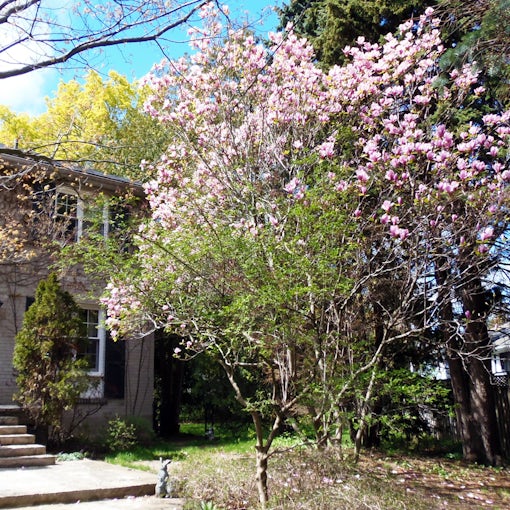Inheritance Tax is a tax on the estate (property, money and possessions) of someone who has died. The current tax rate is 40% and is only charged on the part of your estate that’s above the tax-free threshold of £325,000.
These funds are paid from your estate to HM Revenue and Customs (HMRC) by the person nominated to deal with the Estate (called the ‘Executor’, if there’s a will).
Can you avoid paying Inheritance Tax on a Property?
Technically speaking, the answer is no because you are legally obligated to declare any inheritance you receive through HMRC. However, you can apply for reliefs or exemptions on the amount you owe.
Reliefs and Exemptions
There are a number of ways you can reduce the amount you owe, in some cases down to Nil:
- Residence Nil Rate Band (RNRB): Works as an extra allowance for those inheriting property with Inheritance Tax to pay. The band takes some of the main residence’s value out of the estate meaning you might not have to pay any Inheritance Tax at all. As of 2021/22 the allowance is £175,000 giving estates a Nil Rate Tax Band threshold of £500,000 as opposed to £325,000. RNRB gradually reduces for estates worth more than £2 million, even if the home is left to direct descendants. It reduces by £1 for every £2 the estate is worth over the £2 million threshold. Direct descendants are defined as children, grandchildren and guardian children.
- Nil Rate Band (NRB) and RNRB: If you are accepted for the Residence Nil Rate Band of £500,000 tax free, there is a way to increase this threshold to up to £1,000,000. When a spouse dies, their partner inherits their NRB (£325,000) and their RBRB (£175,000) which could results in an estate valued at £1,000,000, being passed down to beneficiaries free of Inheritance Tax.
- Charity Relief: The estate can pay Inheritance Tax at a reduced rate of 36% on some assets if you leave 10% or more of the ‘net value’ to charity in your will.
- Business Relief: Allows some assets to be passed on free of Inheritance Tax or with a reduced bill.
Your beneficiaries do not normally pay tax on things they inherit. They may have related taxes to pay, for example if they get rental income from a house left to them in a will.
The Seven Year Rule
If the original owner transfers a property to a beneficiary before death and does not pass until seven years after the transfer, the new owner will not be liable to pay any Inheritance Tax. However, if this pass within the seven years of transferring the property, it will be treated as a PEP (Potentially Exempt Transfer) see below bands:
Nil Rate Transfer Bands:
- Below £325,000 or 7 years: Nil
- Above £325,000 or 1 – 2 years: 40%
- 3 – 4 years: 32%
- 4 – 5 years: 24%
- 5 – 6 years: 16%
- 6 – 7 years: 8%
In Summary: When do I not need to pay Inheritance Tax?
You don’t need to pay Inheritance Tax if:
- The estate is worth less than £325,000
- You received a property (less than £325,000 or £650,000 for married couples) from a direct relative more than seven years ago
- Your parent sold you their home at a cheaper market price









